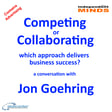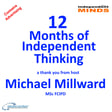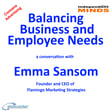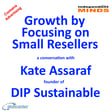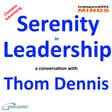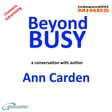
Your Have Four Minds – a conversation with John Couper
Join host Michael Millward as John Couper explains his “Four Minds” concept of inner communication.
More than simply talking to yourself, understanding our four minds and how they influence our behaviour and interactions with other people can result in a happier life.
John explains to Michael how the Four Minds model provides both personal insights and an intuitive, practical path to self–transformation.
We are grateful for John sharing these complimentary resources.
The Independent Minds is made on Zencastr.
Zencastr is the all-in-one podcasting platform, on which you can create your podcast in one place and then distribute it to the major platforms like Spotify, Apple, and Google. It really does make creating content so easy.
If you would like to try podcasting using Zencastr visit zencastr.com/pricing and use our offer code ABECEDER.
Find out more about both Michael Millward and John Couper at Abeceder.co.uk
Travel
John Couper is an academic and researcher with a focus on human communication. His research projects have taken John all over the world.
If you would like to travel the worlds the best place to make your travel arrangements is The Ultimate Travel Club, which is where you can access trade prices for flights, hotels and holidays. Use my offer code ABEC79 to receive a discount on your membership fee.
Matchmaker.fm
Thank you to the team at Matchmaker.fm the introduction to John.
If you are a podcaster looking for interesting guests or if like John, you have something very interesting to say Matchmaker.fm is where matches of great hosts and great guests are made. Use our offer code MILW10 for a discount on membership.
Three the network
If you are listening to The Independent Minds on your smart phone, you may like to know that Three has the UK’s Fastest 5G Network with Unlimited Data, so listening on Three means you can wave goodbye to buffering.
Visit Three for information about business and personal telecom solutions from Three, and the special offers available when you quote my referral code WPFNUQHU.
Being a Guest
If you would like to be a guest on Fit For My Age, please contact using the link at Abeceder.co.uk.
We recommend that potential guests take one of the podcasting guest training programmes available from Work Place Learning Centre.
We appreciate every like, download, and subscriber.
Thank you for listening.
